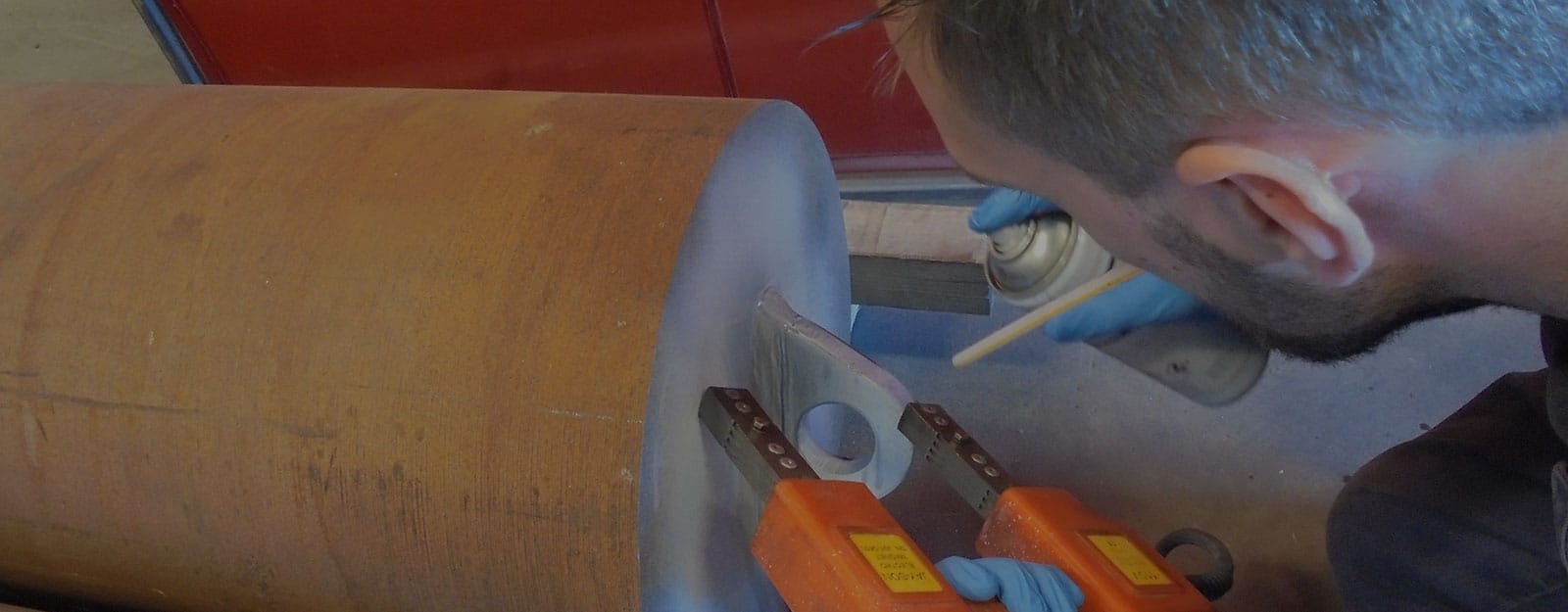Whether it be your bespoke/prototype developments through to batch production fabrications, we have the finishing capability to meet specification every time

NDT Services

NDT Services
Whether it be your bespoke/prototype developments through to batch production fabrications, we have the finishing capability to meet specification every time
When the need arises to test critical components such as those used in defence & aerospace, power generation or transportation – but retain their serviceability – TS Metals can provide a range of non-destructive testing services. These are carried out at our Rugby facility, but your parts can equally be tested on your site or at an alternative location.
Components typically tested are those which may fail under stress, impacting on the integrity of the assembly, including incidents having catastrophic results. Such components include shafts, rotating fans, lifting lugs, bearing liners, forgings and castings. Testing can be carried out pre or post-fabrication.
Working to your standards and pass/fail criteria, our testers provide you with a full report including certificate and photographs.
Our testers are certified to PCN Level 2 and can provide CSWIP Certification.
Magnetic Particle Inspection (MPI) is used to test parts made from ferrous metal such as iron, nickel, cobalt and various alloys, for surface and subsurface irregularities to a depth of 2mm. A magnetic field is produced by flowing an electric current through, or in close proximity to, the component being tested. Magnetic particles applied to the component’s surface indicate the presence of irregularities, where they exist.
Dye Penetrant Inspection (DPI) is a method of locating surface-breaking defects in non-ferrous metals such as stainless steel and aluminium. It can also be used to test ferrous metals at a lower cost than MPI, but will not detect any subsurface faults. DPI works by a penetrating dye being applied to the surface of the assembly. When the excess penetrant is removed, a developer is applied, revealing any surface cracks, surface porosity or lack of weld penetration in new and in-service components.
Ultrasonic Inspection is used to inspect features and detect irregularities in components and assemblies which are typically hidden from view, or deeper than surface and subsurface inspection techniques will reveal.
If you need to outsource your non-destructive testing needs, please contact us to discuss your requirements.